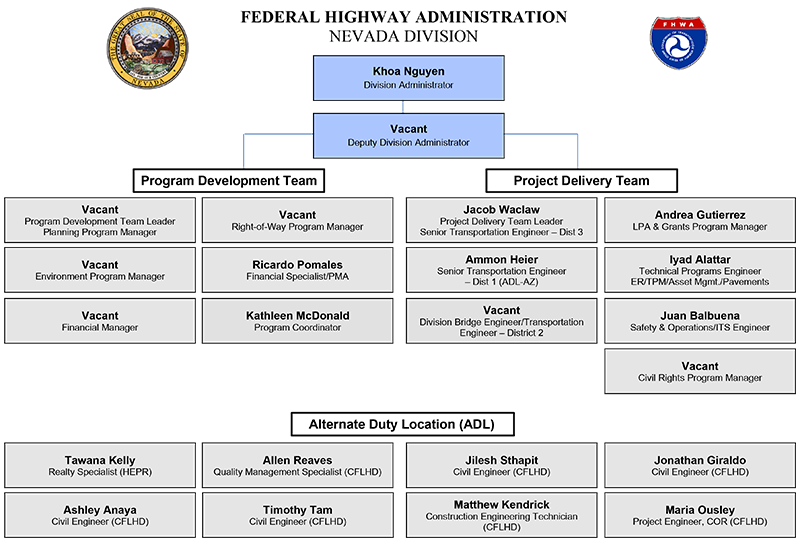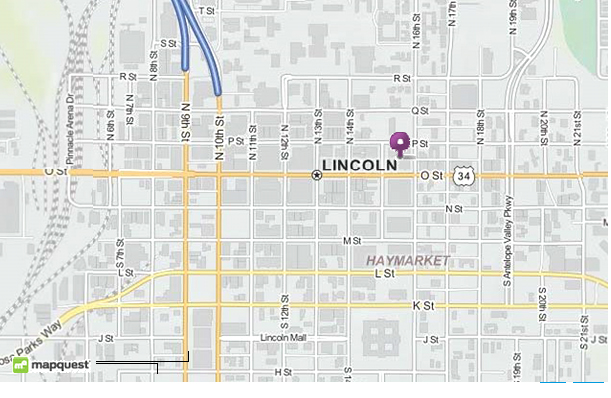Contact Us
Location
FHWA – New Hampshire Division
James C. Cleveland Federal Building
53 Pleasant Street, Suite 2200
Concord, NH 03301
Phone: (603) 228-0417
Fax: (603) 228-2829
Driving Directions
Directions from Interstate 89
Traveling North or South:


